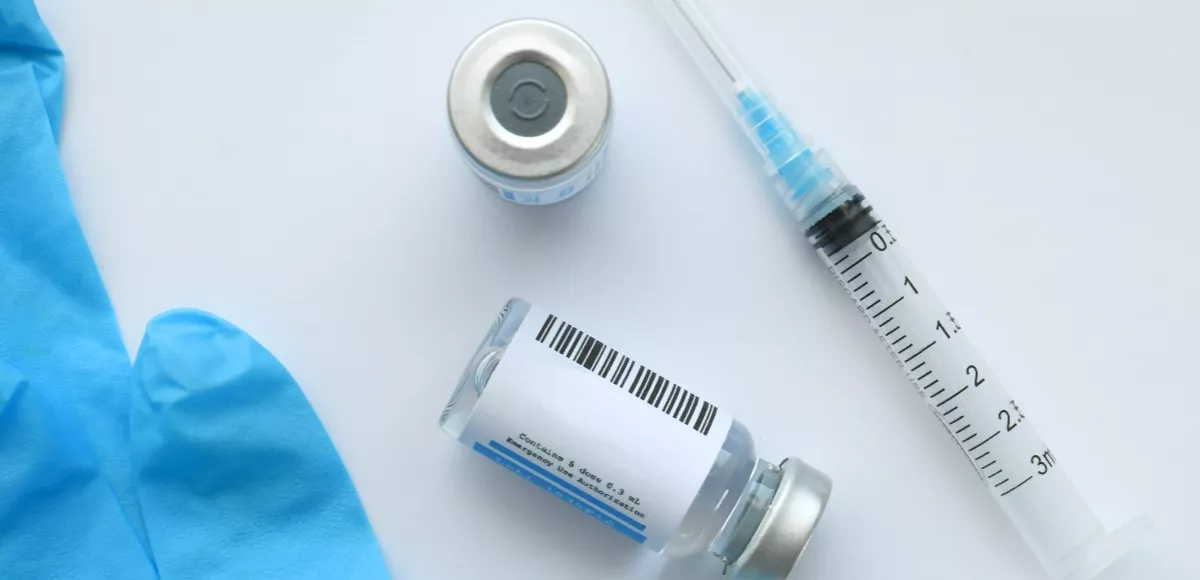Sedation treatment helps with anxiety during dental surgeries by reducing the patient’s level of consciousness and awareness. This can make the patient feel more relaxed and calm, and it can also help to reduce their pain and discomfort.
We understand that dental surgery can be a stressful experience, especially for those with anxiety. That’s why we offer a variety of sedation options to help you relax and feel comfortable during your procedure.
No matter which sedation option you choose, our experienced oral surgeons will be there to monitor you closely and ensure your safety and comfort. We’re here to help you have a positive and anxiety-free dental surgery experience.
Please don’t hesitate to talk to us about your anxiety and sedation options. We’re here to answer all questions and help you choose the best option for your procedure during your consultation.
What Causes Anxiety Around Oral Surgeries?
There are many reasons why someone might have anxiety around dental work. Some of the most common reasons include:
Past Negative Experiences
If someone has had a painful or negative experience at the dentist in the past, they may be more likely to have anxiety about future dental appointments.
Fear Of Pain
Some people may have a fear of needles, which can make dental procedures particularly anxiety-inducing.
Fear Of Needles
Some people may have a fear of needles, which can make dental procedures particularly anxiety-inducing.
Loss Of Control
During a dental procedure, the patient is typically lying down with their mouth wide open and unable to speak. This can make some people feel like they have lost control of the situation, which can lead to anxiety.
Embarrassment
Some people may feel embarrassed about the state of their teeth or gums, and they may worry about what the dentist will think.
Sensory Sensitivities
Some people may have sensory sensitivities that make dental procedures uncomfortable or overwhelming. For example, they may be sensitive to the noise of the dental drill or the smell of the dental office.
It is important to note that dental anxiety is a real and valid concern. It is not a sign of weakness or immaturity. If you have dental anxiety, there are things you can do to manage it, such as:
- Talk about your anxiety during your consultation. Our oral surgeons can help you to understand what to expect during your procedure and they can also offer you coping mechanisms.
- Ask your questions about sedation options. Some sedation options will help reduce anxiety and make dental procedures more comfortable. The specific option that works best for you may be different than others.
- Bring a friend or family member to your appointment. Having someone there to support you can help you to feel more relaxed and less anxious.
If you have dental anxiety, please do not let it prevent you from getting the dental care you need. Talk to our compassionate staff about your concerns and we can help you to find a way to manage your anxiety so that you can get the care you deserve.
Sedation Treatment Options
There are three main types of sedation dentistry: nitrous oxide (laughing gas), oral sedation, and intravenous (IV) sedation. Each type of sedation has its own advantages and disadvantages, and the best type of sedation for a particular patient will depend on their individual needs and preferences.
- Nitrous oxide is the mildest form of sedation dentistry. It is inhaled through a mask and takes effect quickly. Patients typically feel relaxed and euphoric, but they remain awake and alert. Nitrous oxide is a good option for patients with mild anxiety or who are having a simple dental procedure.
- Oral sedation involves taking a sedative pill before the dental appointment. Patients will typically feel drowsy and relaxed, but they will still be awake and able to respond to verbal commands. Oral sedation is a good option for patients with moderate anxiety or who are having a more complex dental procedure.
- Intravenous (IV) sedation is the deepest level of sedation used in dentistry. The sedative is administered through a vein, and it takes effect quickly. Patients may fall asleep during the procedure, but they can still be awakened if necessary. IV sedation is a good option for patients with severe anxiety or who are having a very complex dental procedure.
The best type of sedation for a particular patient will depend on their individual needs and preferences. For example, patients with mild anxiety or who are having a simple dental procedure may be good candidates for nitrous oxide.
Patients with moderate anxiety or who are having a more complex dental procedure may be good candidates for oral sedation. Patients with severe anxiety or who are having a very complex dental procedure may be good candidates for IV sedation.
Schedule Your Consultation
Don’t let anxiety prevent you from getting the dental care you need. If you’re feeling anxious about oral surgery, talk to your oral surgeon about sedation dentistry. Sedation dentistry can help you relax and feel comfortable during your procedure, so you can get the care you need without the stress and anxiety.
At Optimum Oral Surgery & Dental Implants, our oral surgeons care deeply about patient comfort. We understand that surgery can be a stressful experience, so we do everything we can to make our patients feel as relaxed and comfortable as possible. We offer a variety of sedation options, and we’ll work with you to choose the best option for your individual needs and preferences.
If you’re considering oral surgery, please don’t hesitate to contact our office. We’re here to answer all of your questions and help you make the best decision for your health.
Schedule a consultation with one of our oral surgeons today and learn more about your sedation options.

